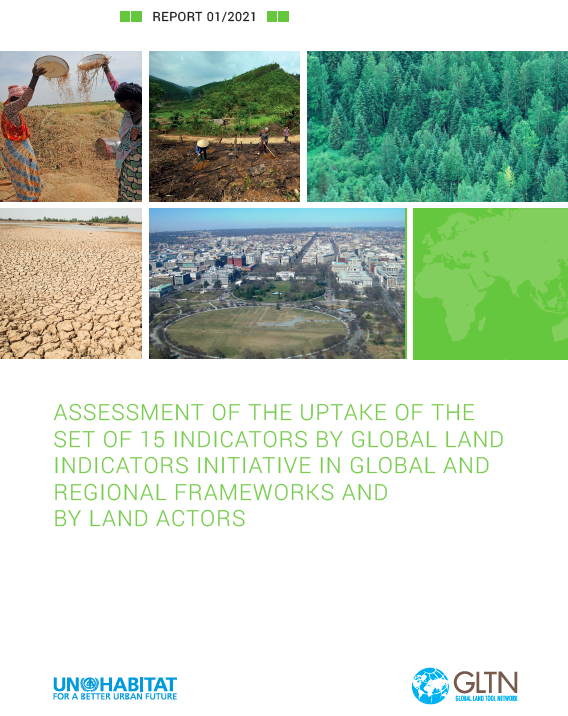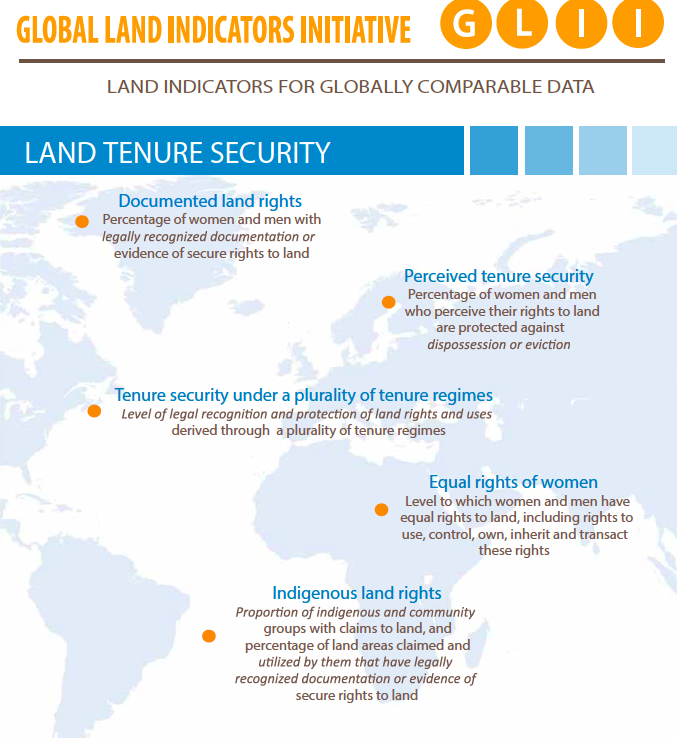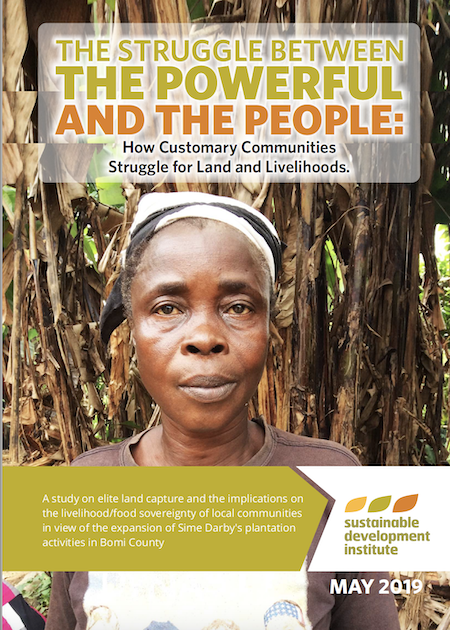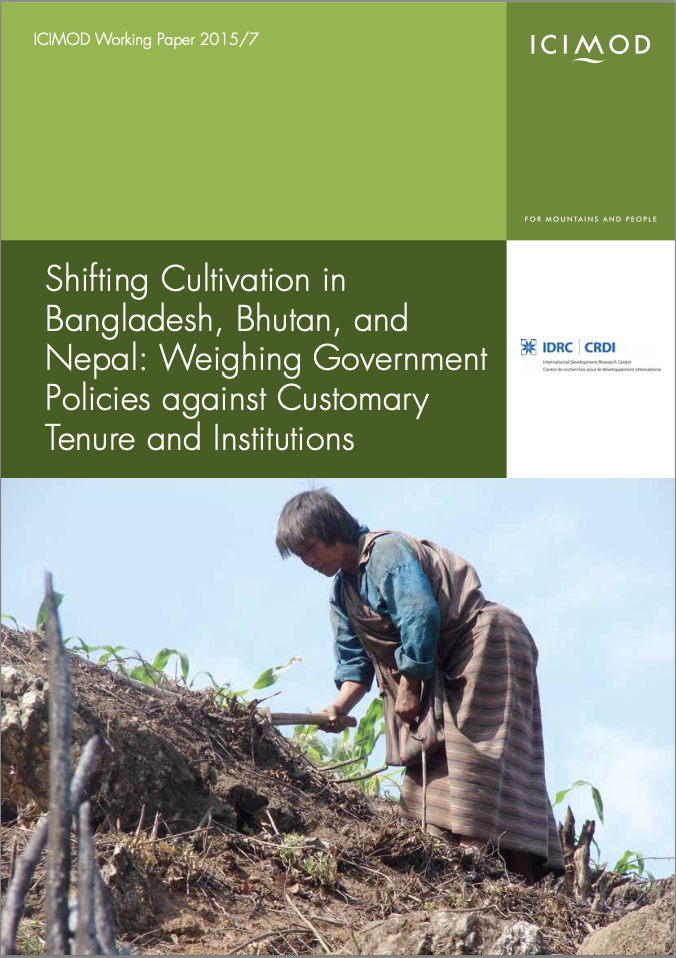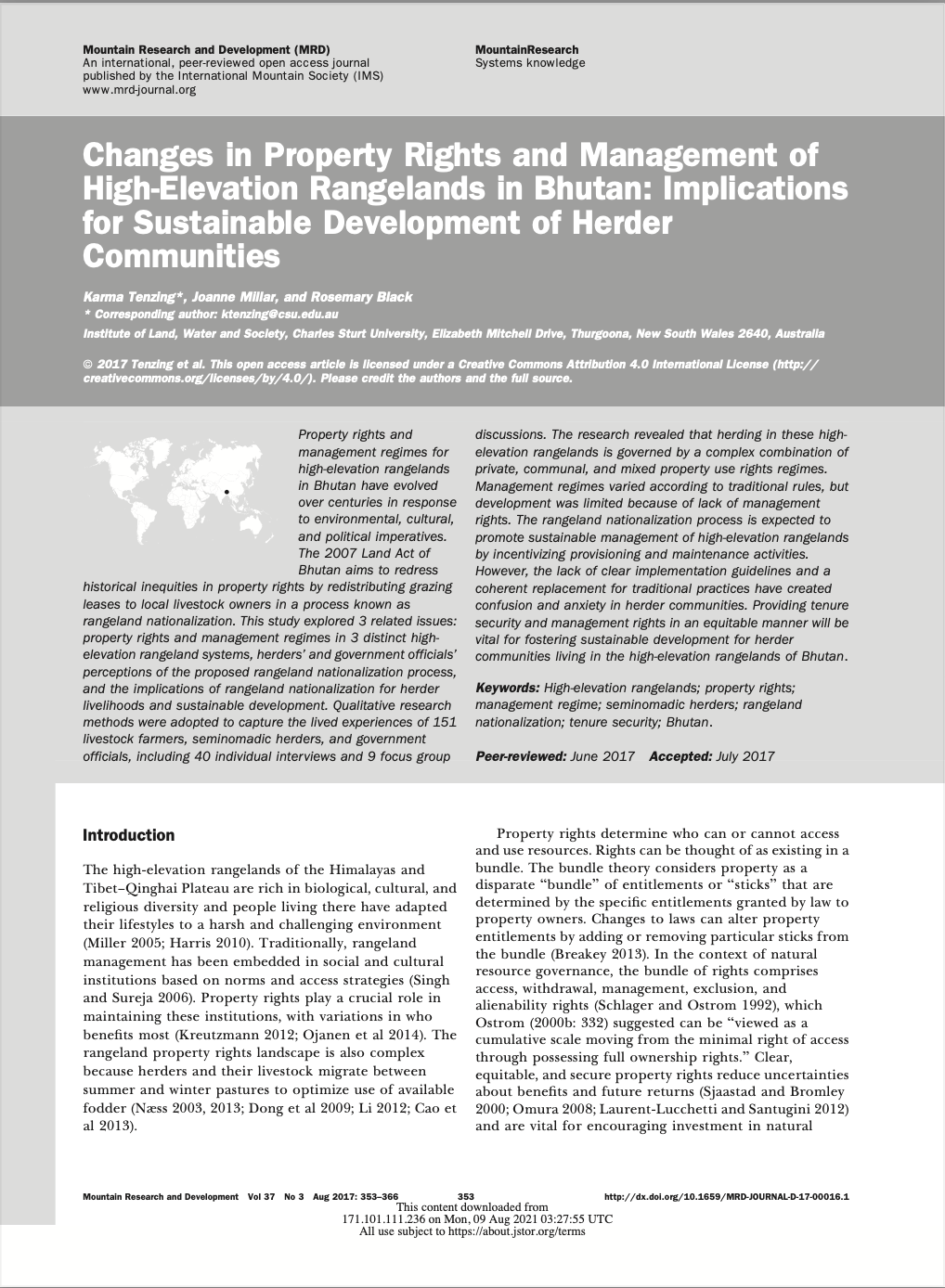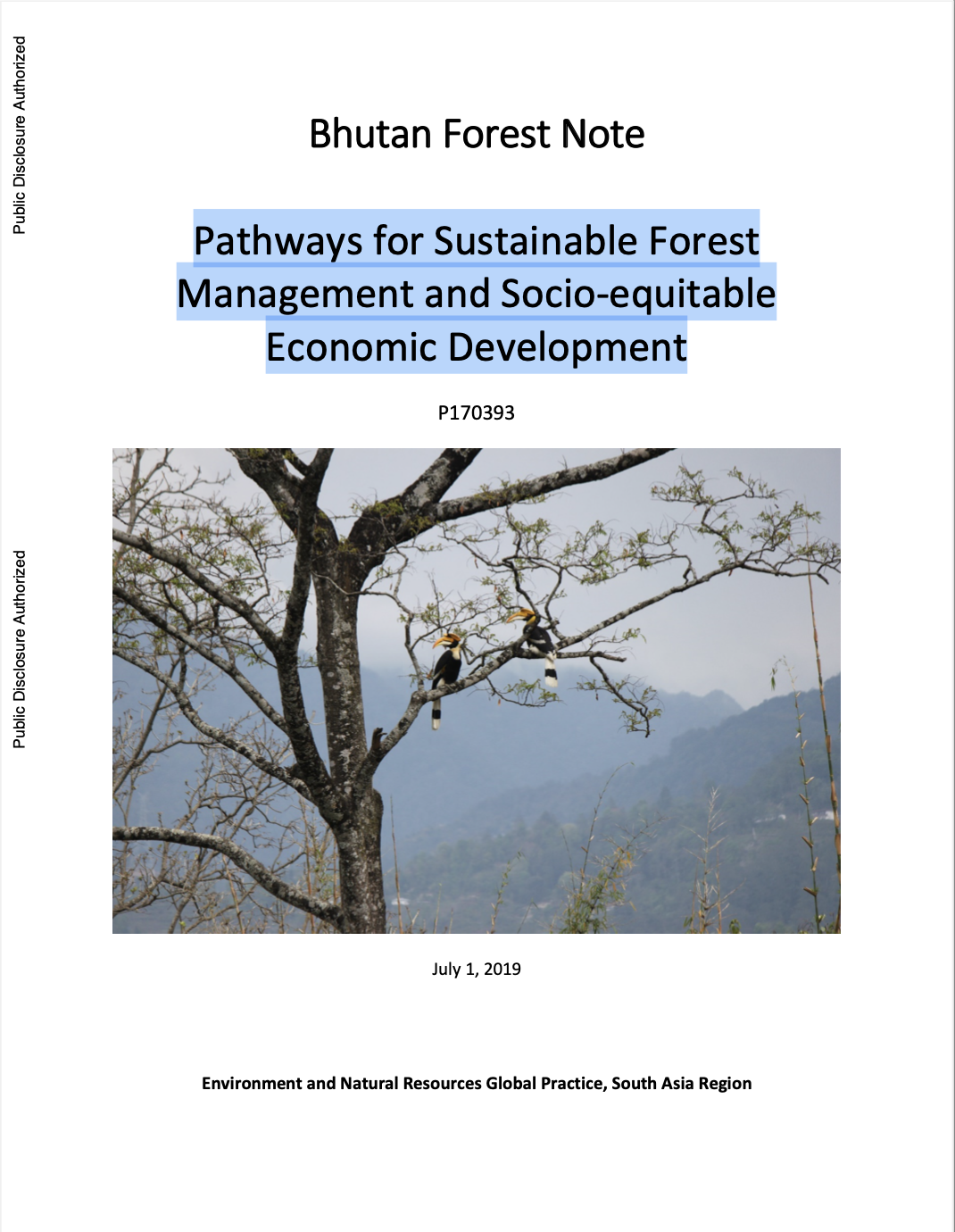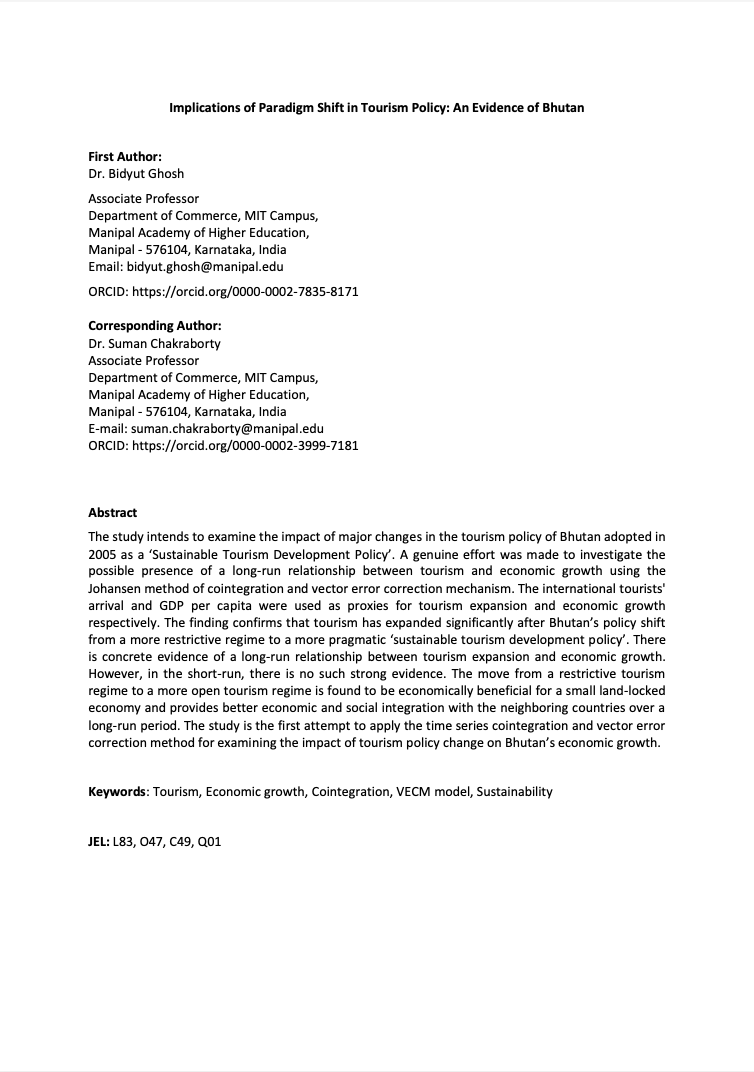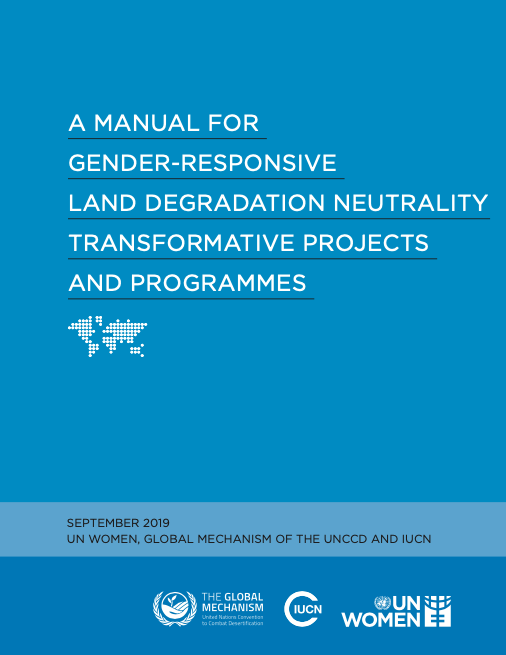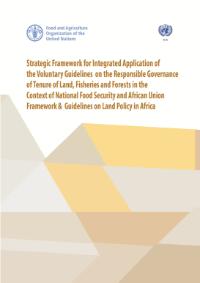ASSESSMENT OF THE UPTAKE OF THE SET OF 15 INDICATORS BY GLOBAL LAND INDICATORS INITIATIVE IN GLOBAL AND REGIONAL FRAMEWORKS AND BY LAND ACTORS
The Global Land Indicators Initiative (GLII) platform was established in 2012 through the joint effort of United Nations Human Settlements Programme (UN-Habitat), the World Bank and Millennium Challenge Corporation with the aim of making global-scale monitoring of land governance a reality by 2021.

